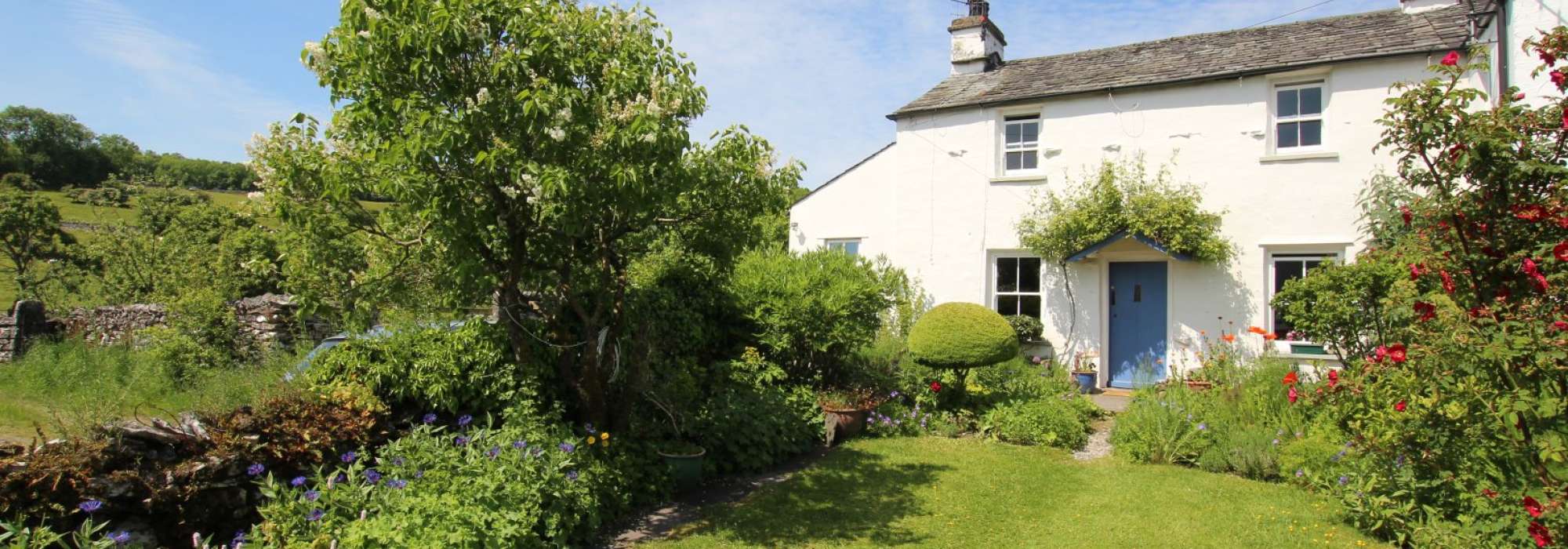Why do I need a valuation?
Here Emma Smith, Chartered Surveyor with H&H Land & Estates explains the many reasons why farmers will need a valuation at some point in their lives
To slightly misquote Jane Austen “ It is a truth universally acknowledged, that a single man in possession of a good fortune, must be in want of a valuation,”
At H&H Land & Estates we understand that with the considerable changes currently facing farming, such as the phasing out of the Basic Payment Scheme, the increased importance of carbon capture, the Agriculture Bill promoting delivery of “public products”, the need for increased diversification together with recent significant tax tribunal cases, life has become ever more complicated.
So here are our suggestions as to when you will need a valuation and how best to go about it.
Two things you can be sure of in life are death and taxes. Inheritance Tax Planning and Probate are certainly prime examples of when you need a professional valuation . Many are reluctant to obtain a formal RICS Red Book Valuation for probate, keen to avoid what they consider to be unnecessary expense. While an informal estimate may be cheaper and seem less hassle in the short term, relying on it may prove inadequate and costly in the long run, as without a formal valuation critical points maybe missed.
Factors that might be overlooked include restrictions on the land registry title, any planning constraints, development potential, tenancy occupations and the identification and distinguishment of agricultural and non-agricultural assets to name but a few.
A Red Book Valuation provides a fully justified and evidenced value which can be relied upon for tax or court purposes to name a few, or looked back upon in the future with the backing of the RICS Standards to reflect a value at a certain point in time.
When planning for succession within a family and a business, it is important to understand the value of assets in order to maximise tax reliefs available and fully understand the implications of transfers of asset, and occupation of properties.
The first step to ensure safe transition of the business to the next generation is to discuss your plans with the family and bring in a specialist adviser at an early stage. An accountant, solicitor and valuer can together provide the specialist knowledge required to make informed decisions. They can help to explain the best way forward and set out all of your options clearly. There is much to consider about how each family member wishes to benefit from the farm, how the assets are currently owned and the value they hold, who occupies the buildings and land on the farm and what the long-term plans are for the future and of course tax considerations. It is important that all relevant parties have valid wills in place to protect the business and implementing a partnership or shareholder agreements to help avoid any unnecessary disputes is of utmost importance.
In the long term a full Red Book valuation can save you a lot of money and stress, as can proper succession planning.
Divorce can be very costly and disruptive to the running of a farming business, which very often has multiple family members involved, and complex ownership structures in place. This can pose additional challenges and add a further layer of complexity. Before any meaningful negotiations can progress it will be essential to ascertain the value of the property and the extent of the parties’ interests. A single joint expert can often be instructed to provide an independent unbiased opinion in order to set a baseline value for the matrimonial proceedings. Likewise a valuer can act on behalf of either party to advise on value and impact of the separation of assets on value.
A further issue to consider is the incidence of Capital Gains Tax. The transfer of any asset, whether by sale or gift is a trigger point for Capital Gains Tax. It may be beneficial to take measures to mitigate liability in this respect before transfers take place, so taking early advice is therefore essential.
There are many other instances where valuations are essential, such as for mortgage purposes, buying or selling assets or transferring them into a SIPP, or if you are a Charity Trustee the need to comply with the Charities Act 2011 when selling a property. As part of the H&H Group we have a team of specialist advisors on hand to guide you through the many occasions when a valuation is required.
Here at H&H Land & Estates our expertise lies in valuing farms, rural properties, all types of land and residential properties. Our colleagues at H&H Harrison & Hetherington assist us with stocktaking valuations whilst those at H&H Auctions help with fine art and contents valuations. So we can offer expert advice and valuations across the entire rural sector.
